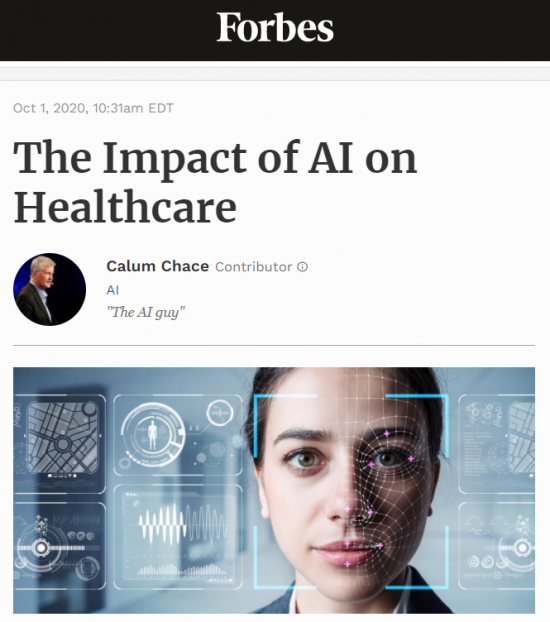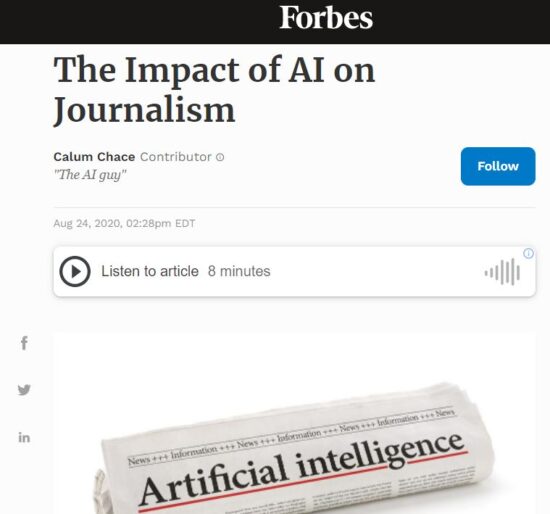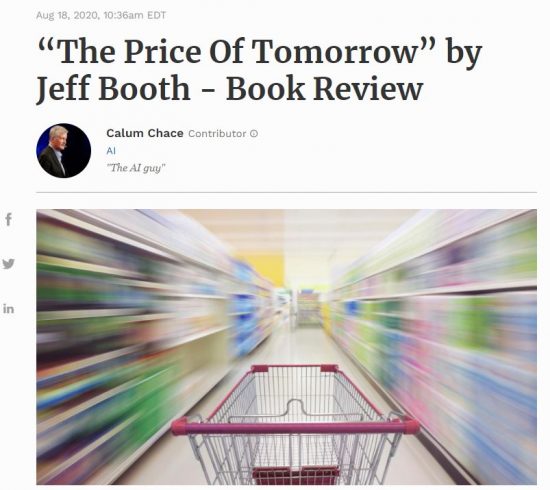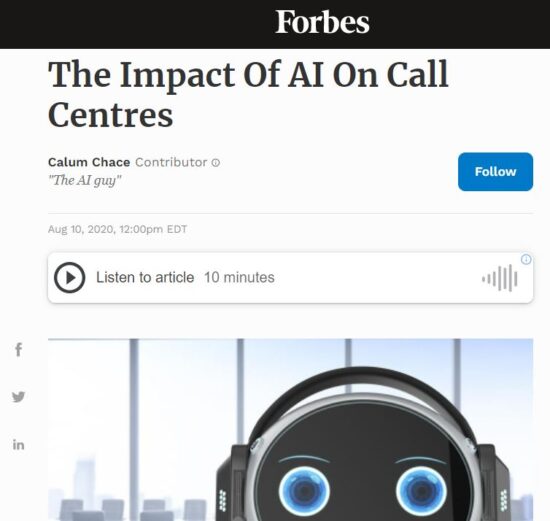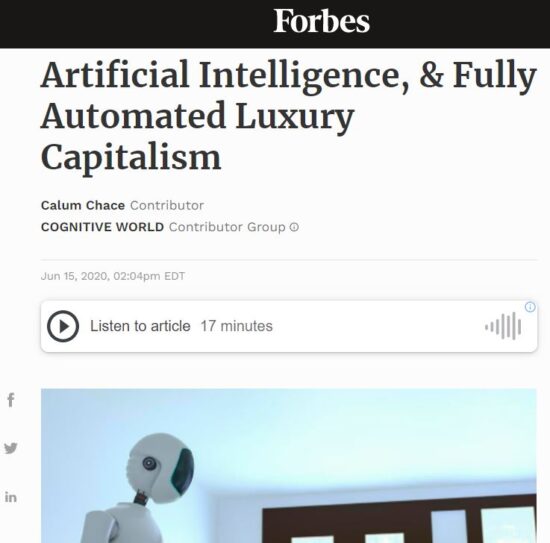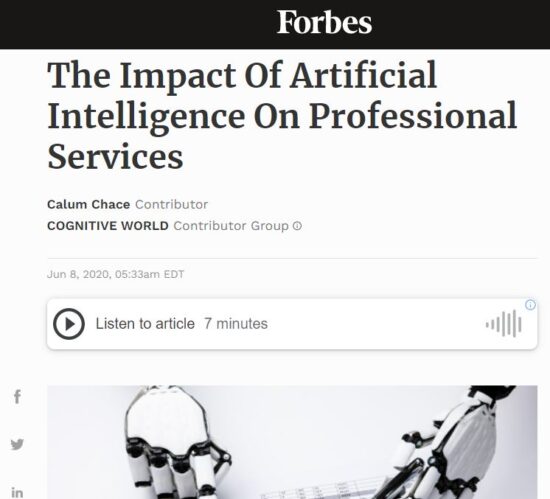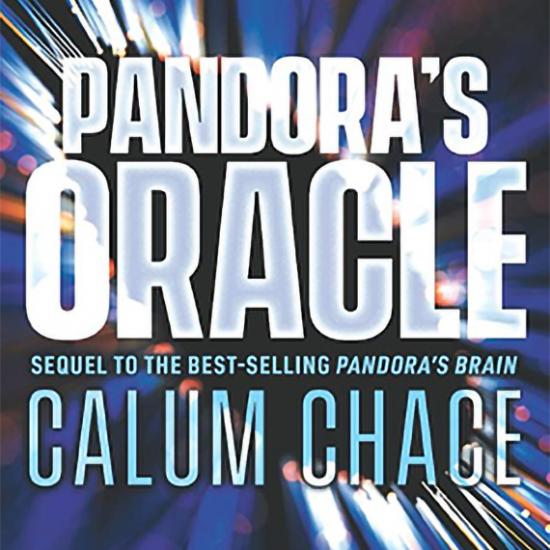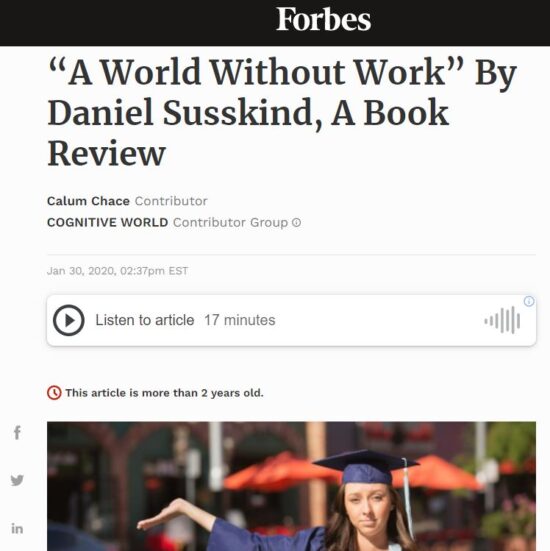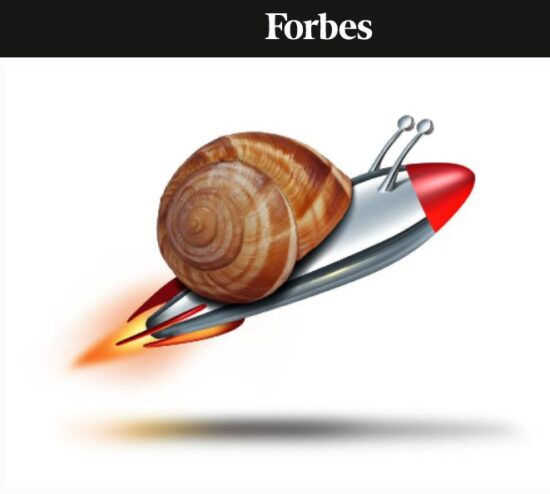The Impact of AI on Surgery
Telemedicine “We’ve witnessed ten years of change in a month” is a typical description of how the pandemic is accelerating the use of telemedicine. Before the virus, video appointments made up only 1% of the 350m consultations which Britain’s National Health Service handles each year. Companies like Docly, eConsult and AccuRx are changing that. The latter claims that 90% of primary care clinics in England are now using its video-calling system. The most dramatic form of telemedicine is remote surgery. It is not new, but it is growing, and it offers enormous benefits. It can help overcome the shortage of...

